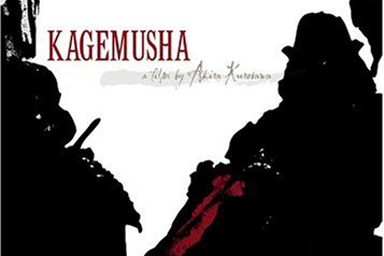“The Speech: Race and Barack Obama’s ‘A More Perfect Union,'” edited by T. Denean Sharpley-Whiting
Did Barack Obama’s now-legendary “race speech,” delivered on March 18, 2008, in the symbolic setting of Philadelphia’s Constitution Center, accomplish anything beyond getting him elected president? To put it another way, does the (admittedly amazing) fact that a black man now sits in the Oval Office all by itself advance the national conversation on race to which Obama invited us, or is it just more of the symbolic racial theater favored by Americans since time immemorial? With the president’s enemies attacking his agenda in racially coded terms — and some of them literally calling him un-American — the time is right for the reconsideration afforded in “The Speech: Race and Barack Obama’s ‘A More Perfect Union,'” a provocative, if uneven, collection of essays.
Edited by Vanderbilt professor T. Denean Sharpley-Whiting, “The Speech” focuses unabashedly on the diversity of black responses to Obama’s address. Only two of its 14 contributors are white, and both of them — novelist Adam Mansbach and newspaper columnist Connie Schultz — are there to discuss different aspects of enduring white racism. That doesn’t mean the book is exclusively for African-Americans. If we are to take the idea of a national racial discussion seriously, then it’s especially urgent for a general readership to encounter eye-opening arguments like theologian Obery M. Hendricks Jr.’s articulate defense of the Rev. Jeremiah Wright, who was unfairly demonized on the basis of a few flourishes of decontextualized rhetoric, and his critique of Obama’s politically expedient “humiliating public betrayal” of his one-time pastor.
Novelist Alice Randall, who loves the speech, begins her essay by teasing out the contradictions in Obama’s peculiar closing anecdote — the one about the old black man in South Carolina and the young white woman who got him to the polls — and explaining why it made many African-Americans uneasy. She compares Wright to the great Puritan divine Jonathan Edwards, and then calls out the anger, resentment and, yes, racism found in many black people of her father’s generation. But the book’s tour de force is language scholar Geneva Smitherman’s brilliant close reading of Obama’s rhetoric, cadence and tone with reference to the “Black jeremiad tradition.” She establishes the speech as a unique expression of Obama’s biracial, bicultural identity, grounded in Aristotelian rhetoric and touching deep cultural nerves with both white and black audiences.
Check out recent Critics’ Picks:
“Dollhouse” Season 1 DVD, by Mary Elizabeth Williams
Prada fall/winter 2009 look book, by Stephanie Zacharek
“Troll’s Eye View: A Book of Villainous Tales,” by Laura Miller
HBO’s “Boy Interrupted,” by Heather Havrilesky
Michelle Forbes on “True Blood,” by Laura Miller

